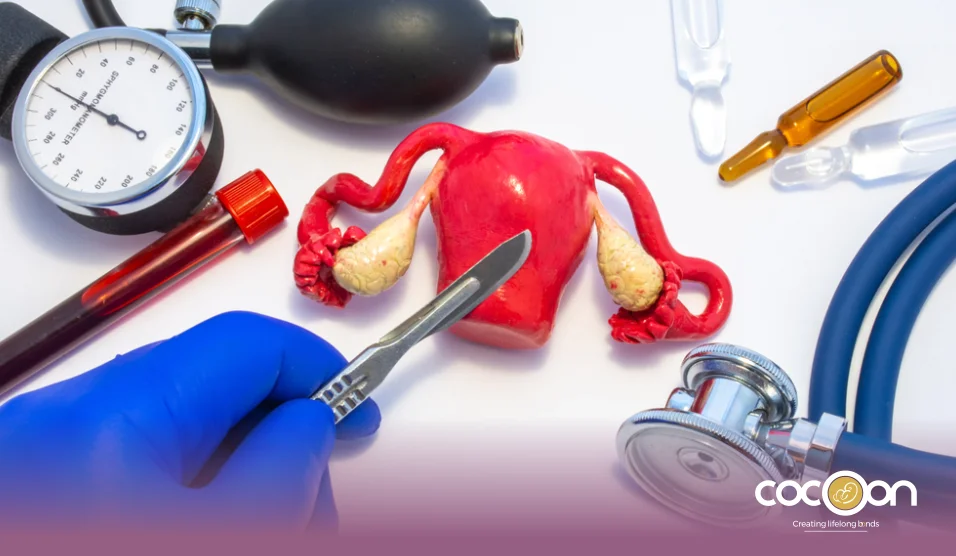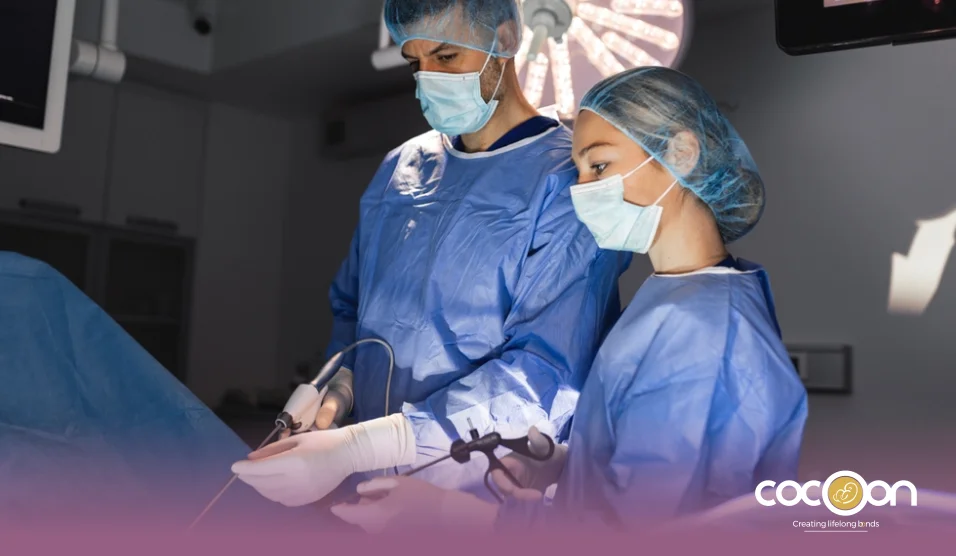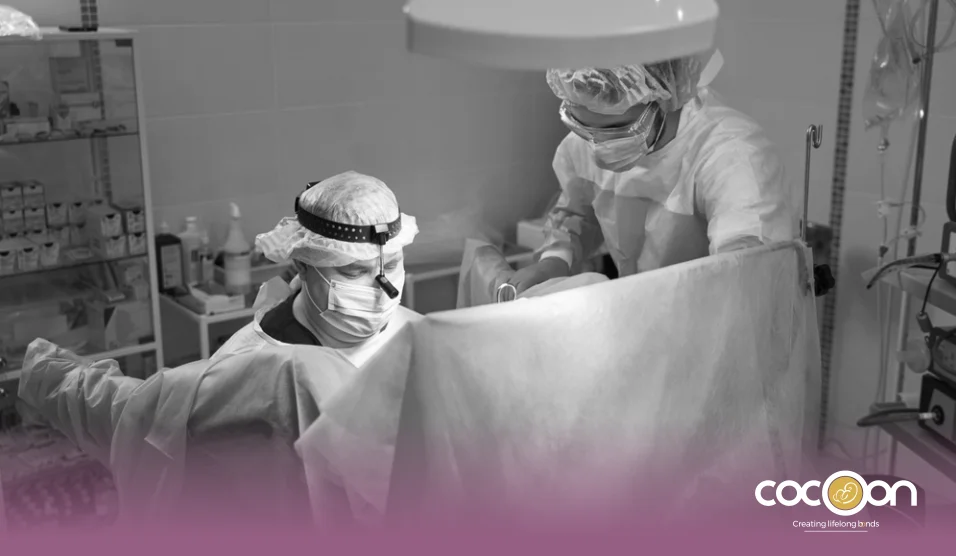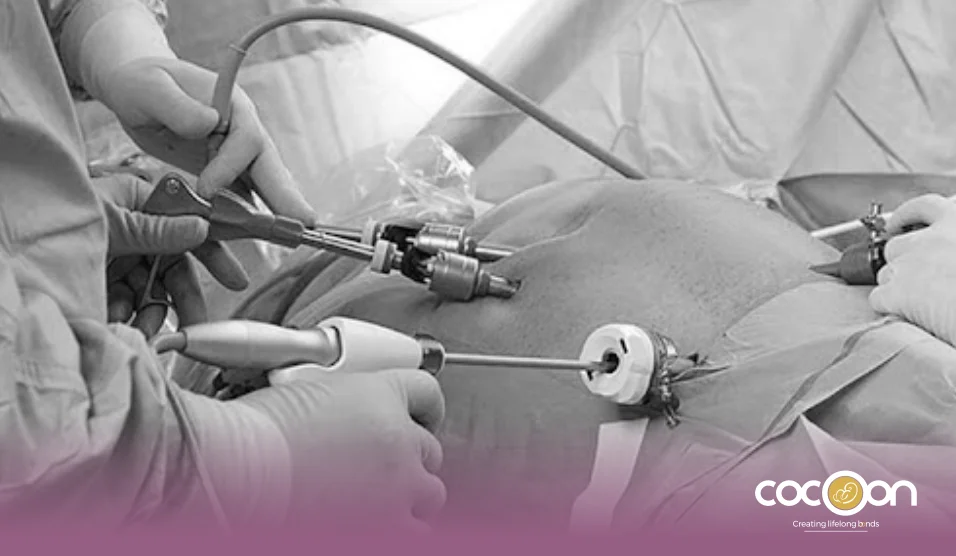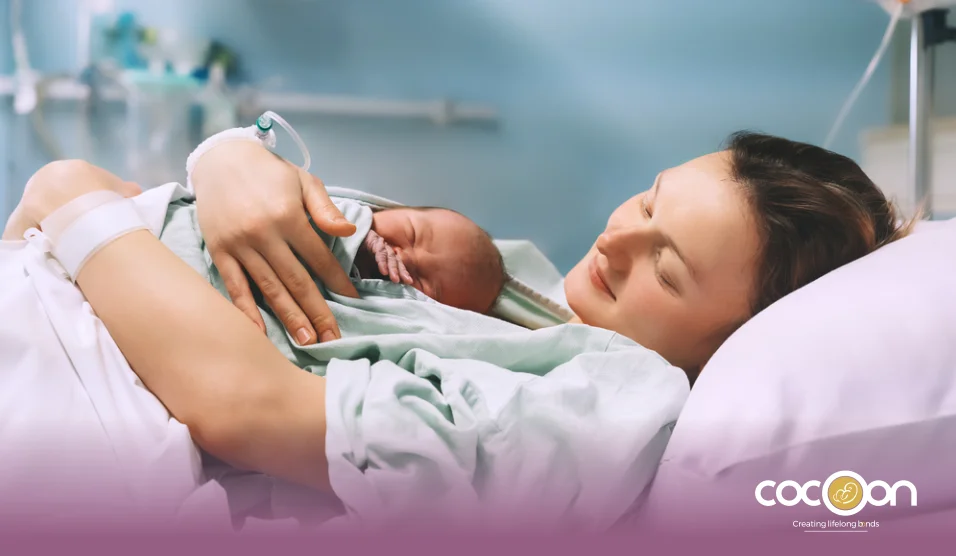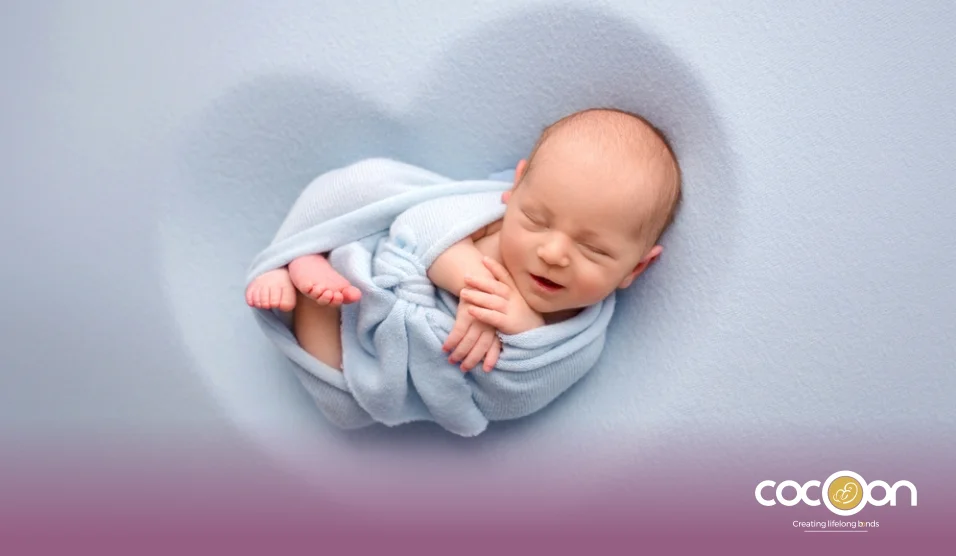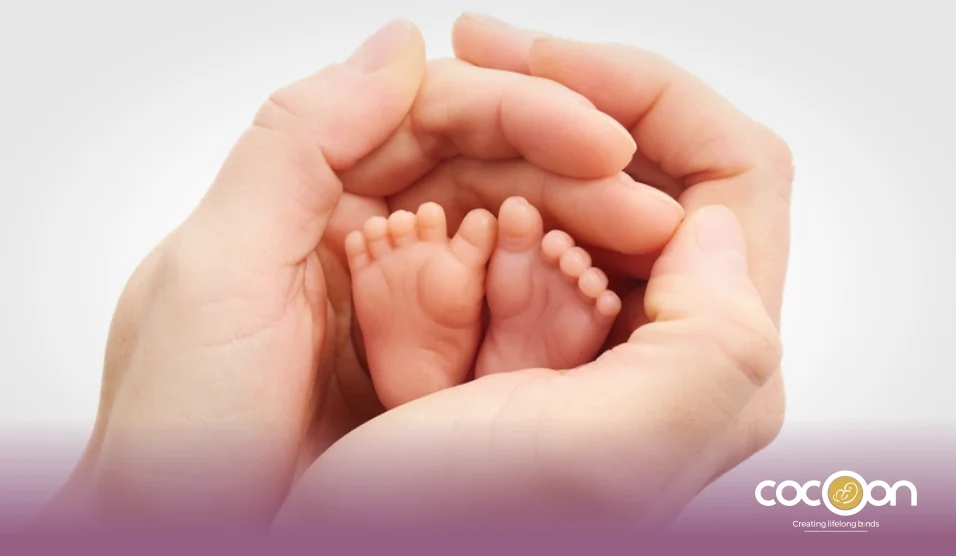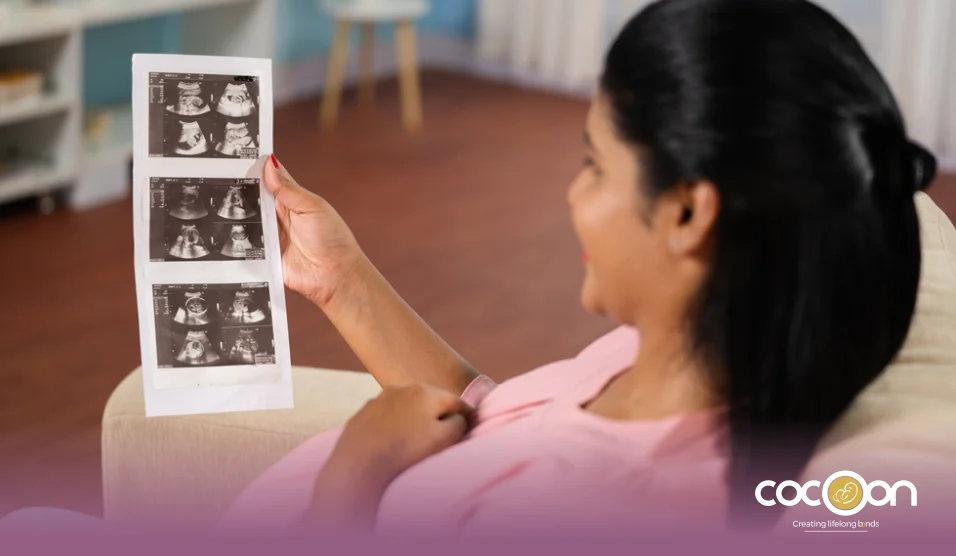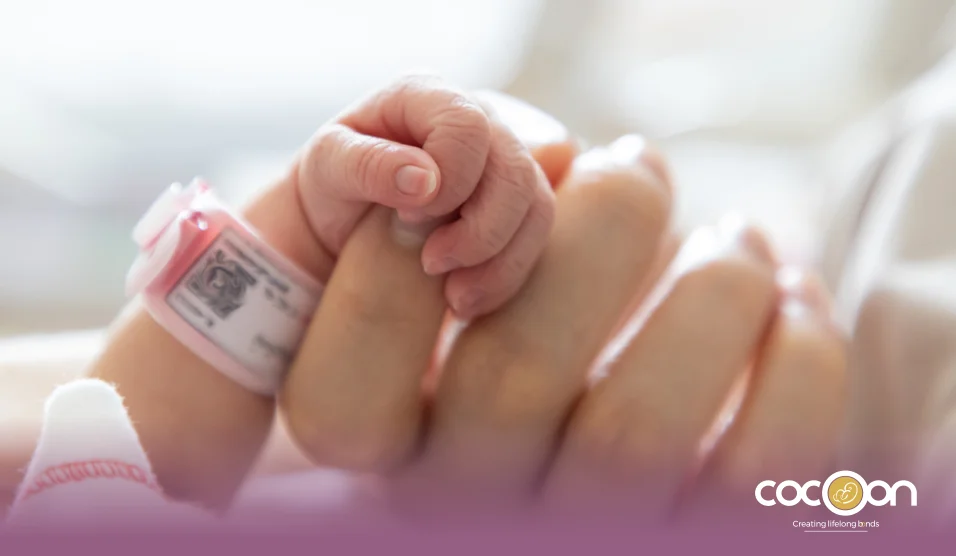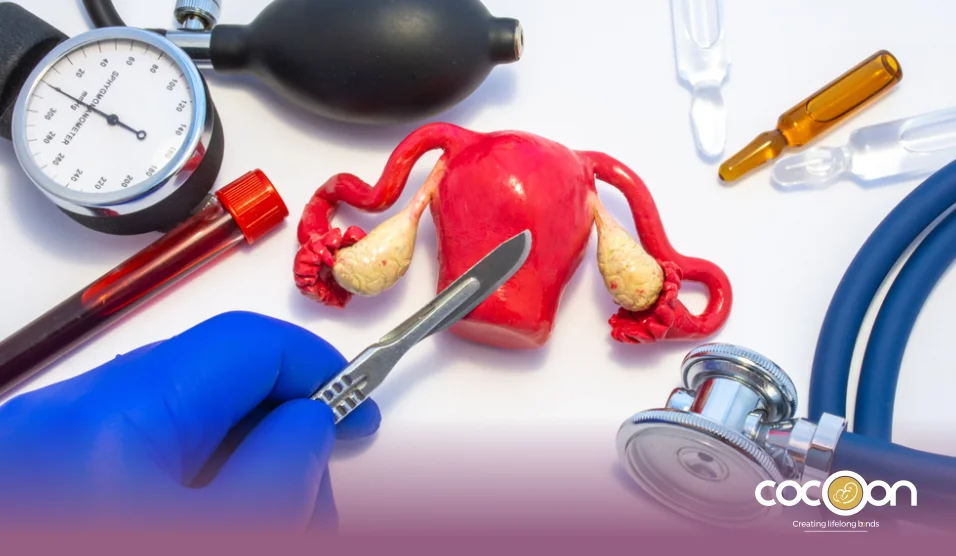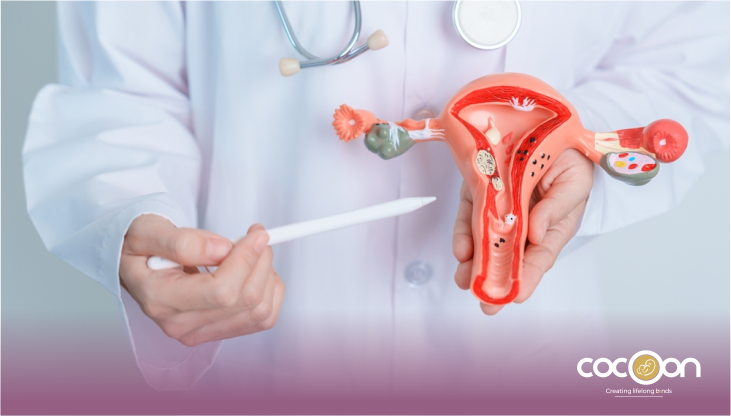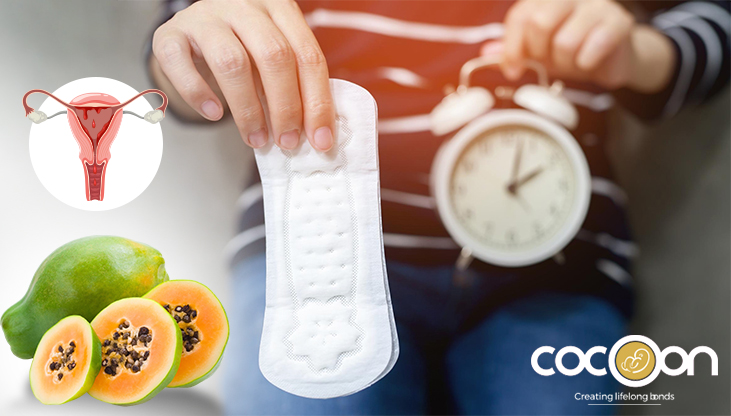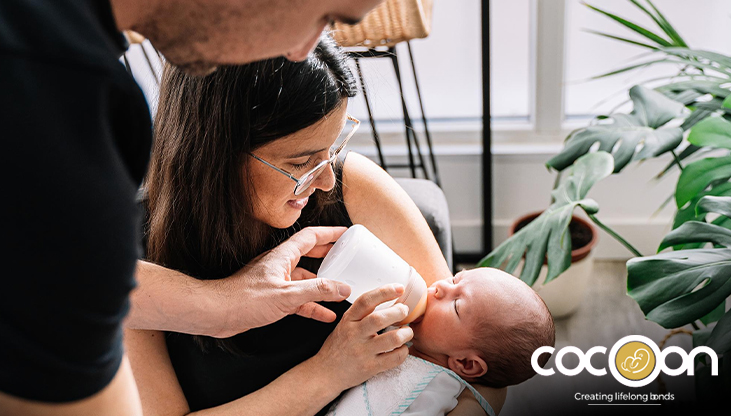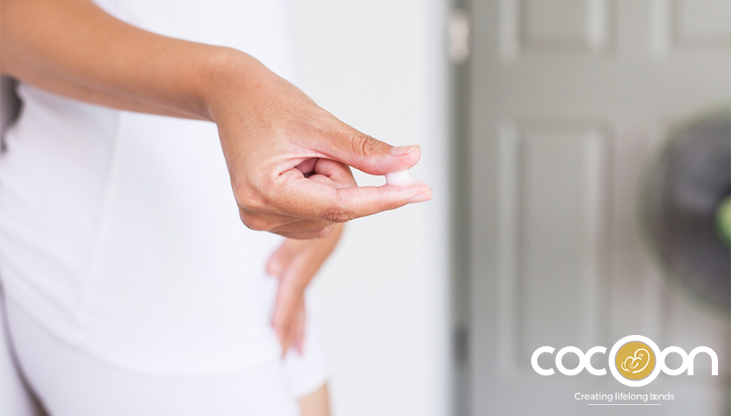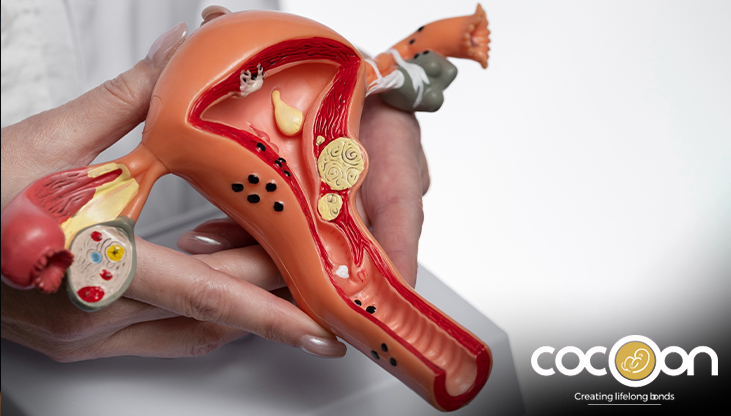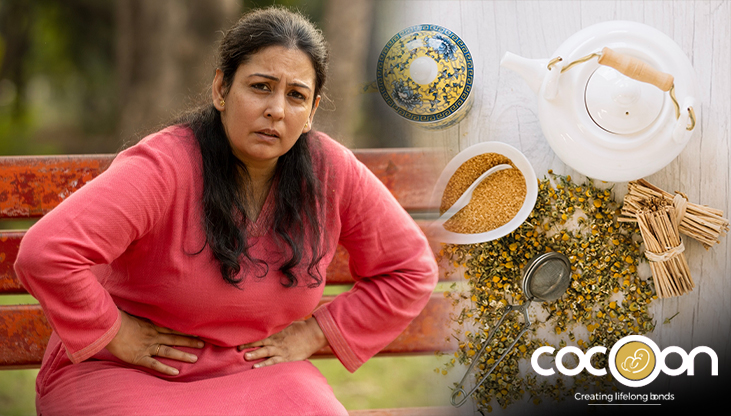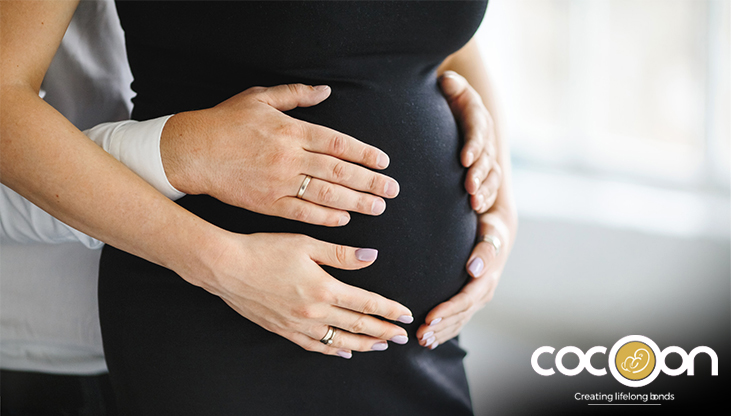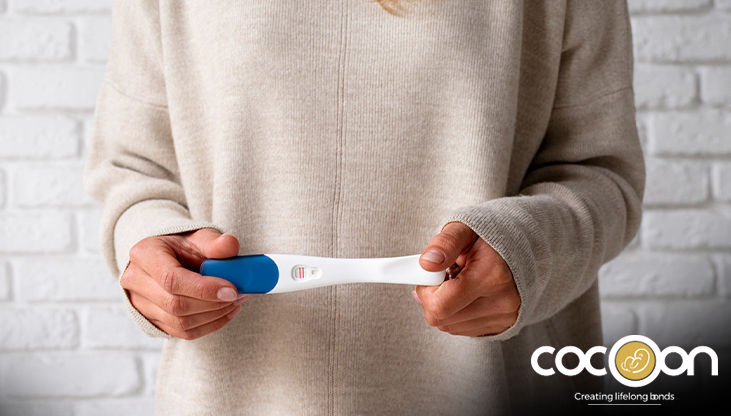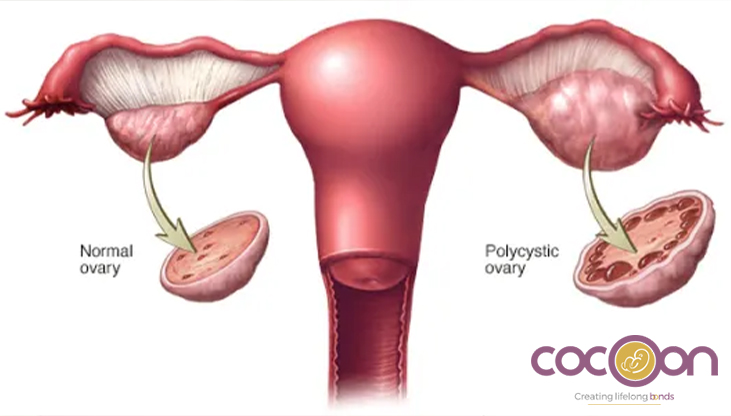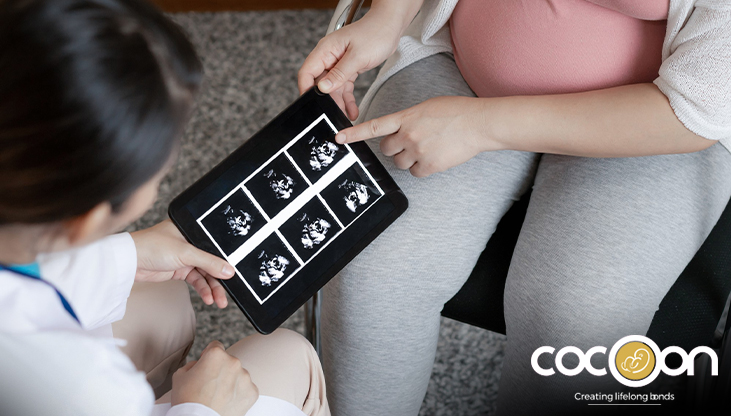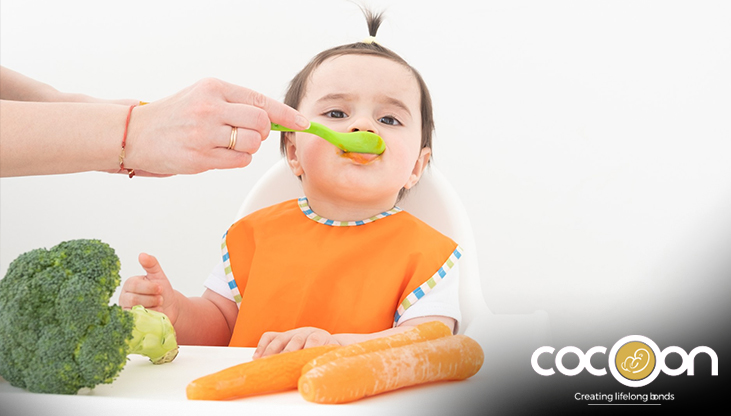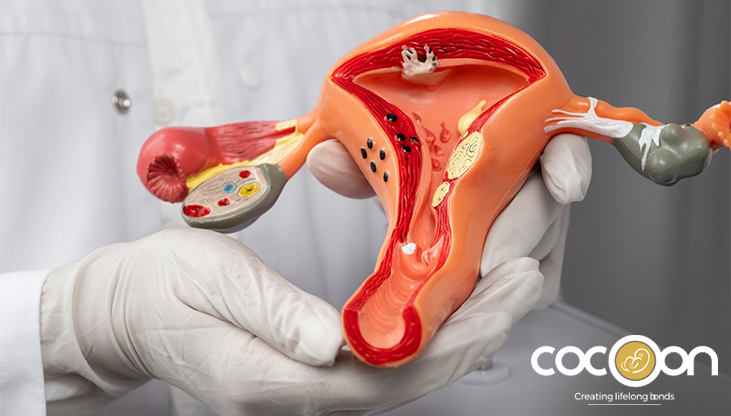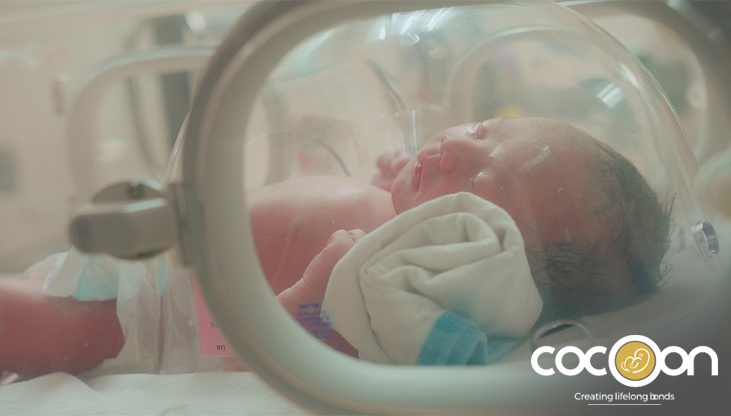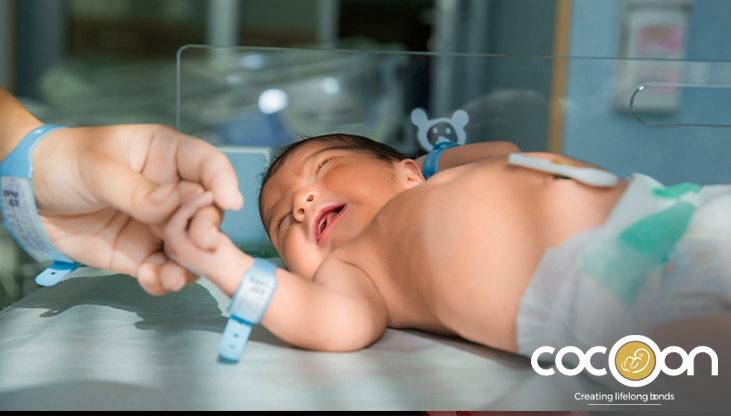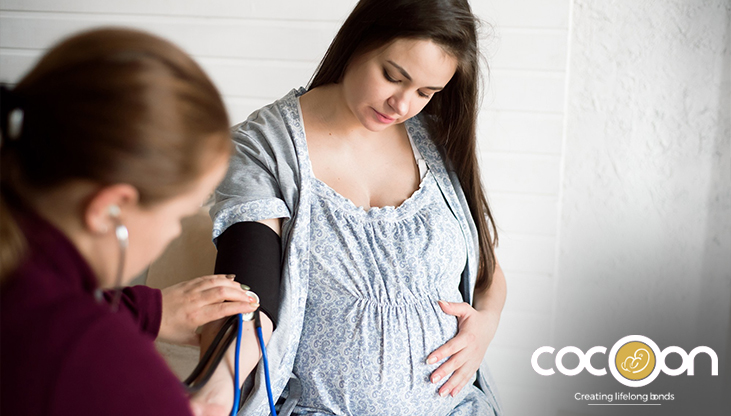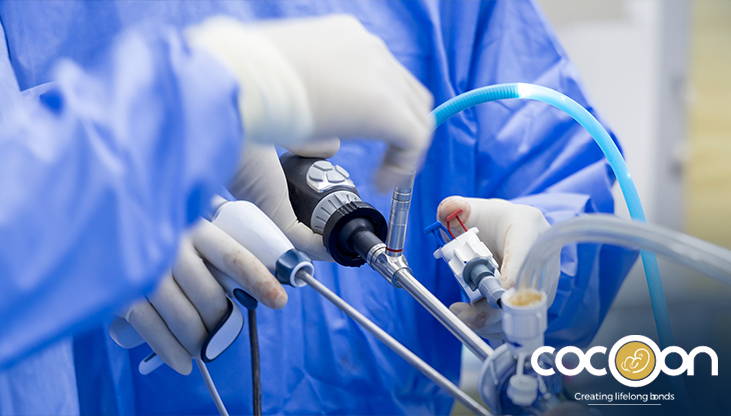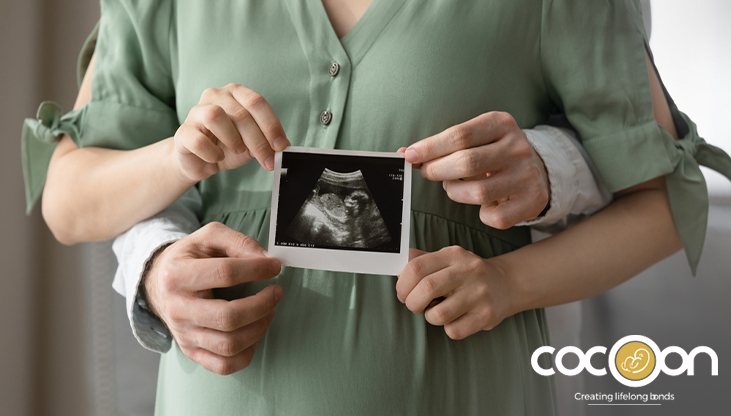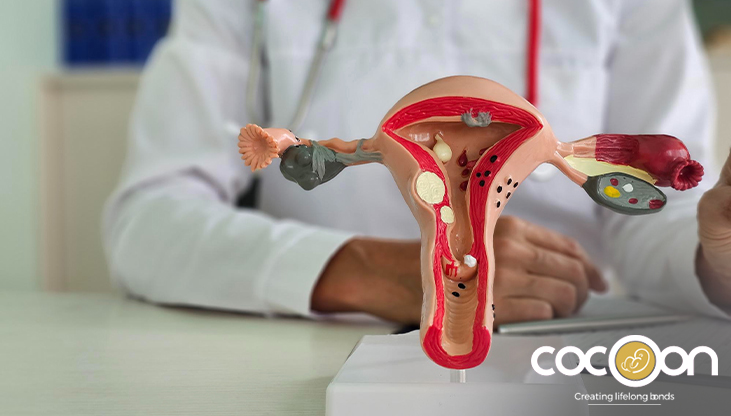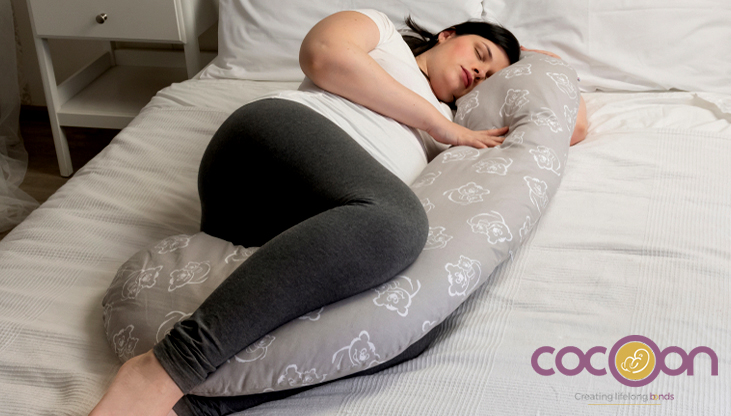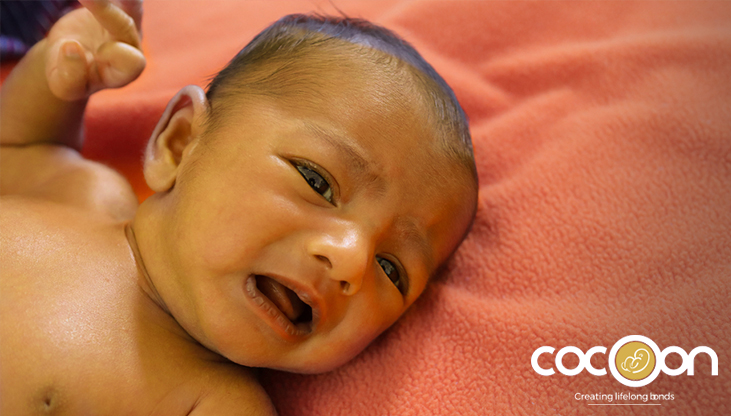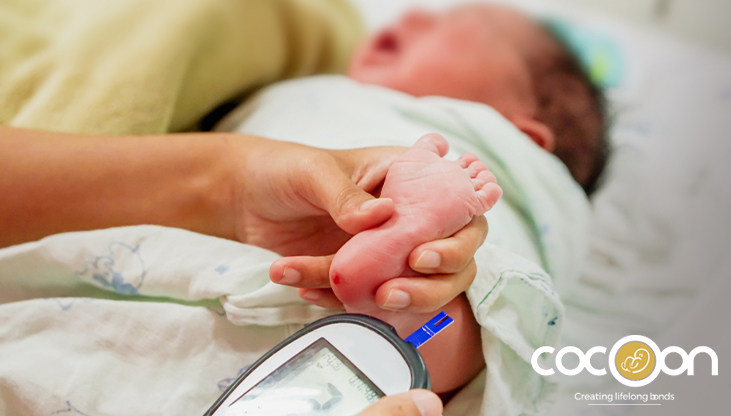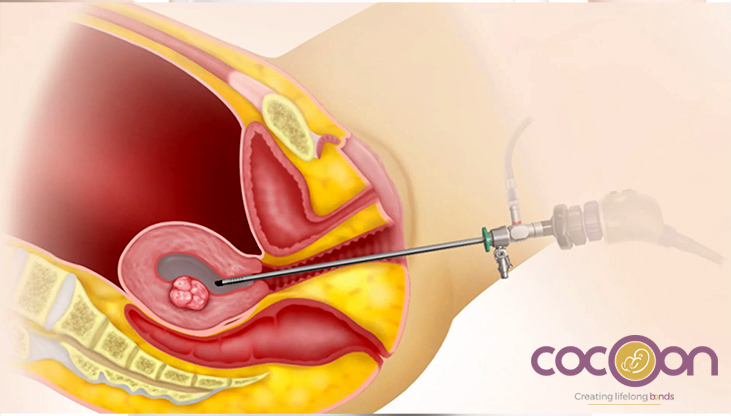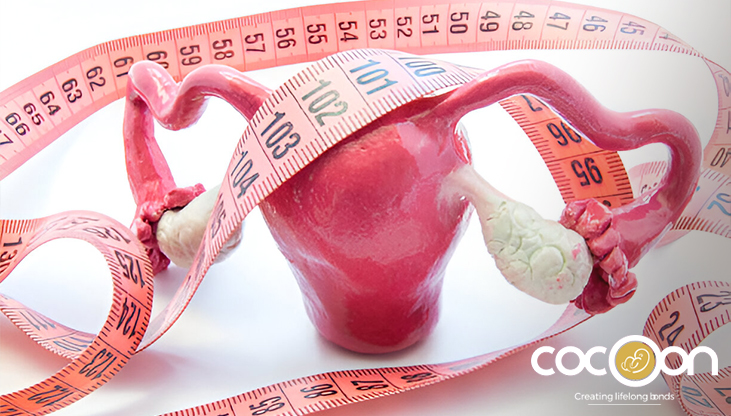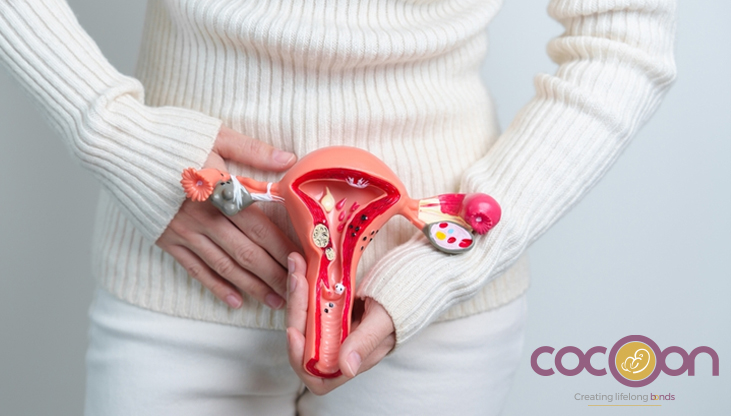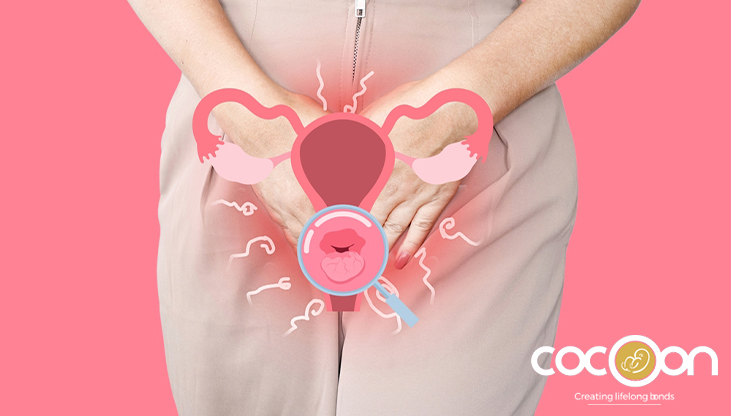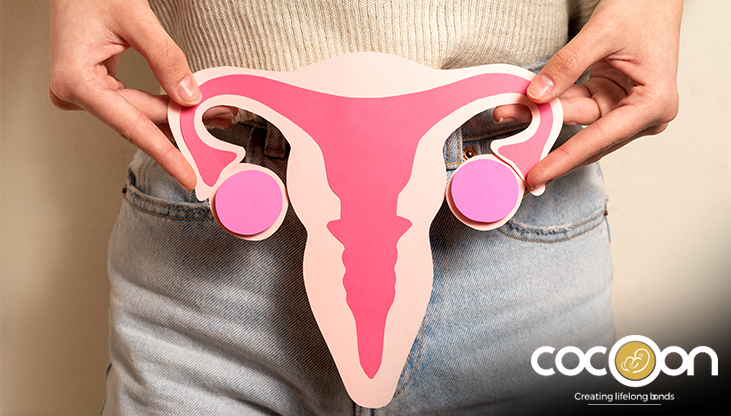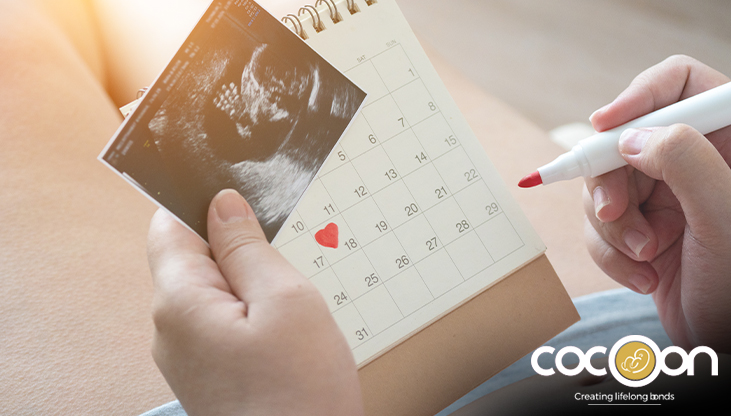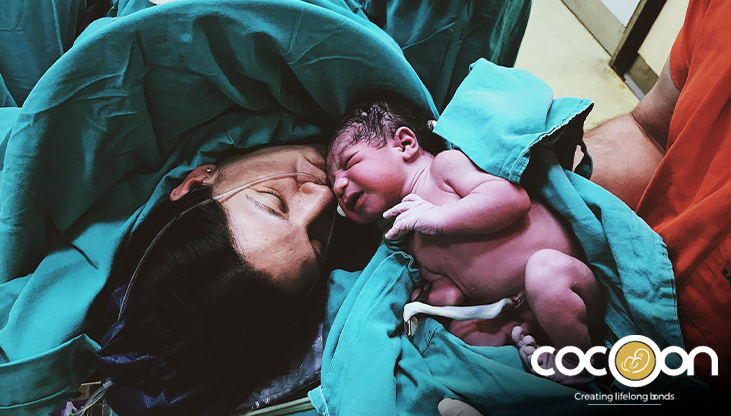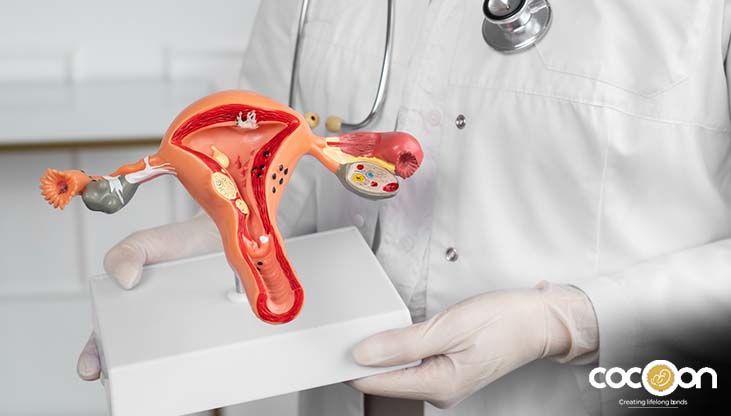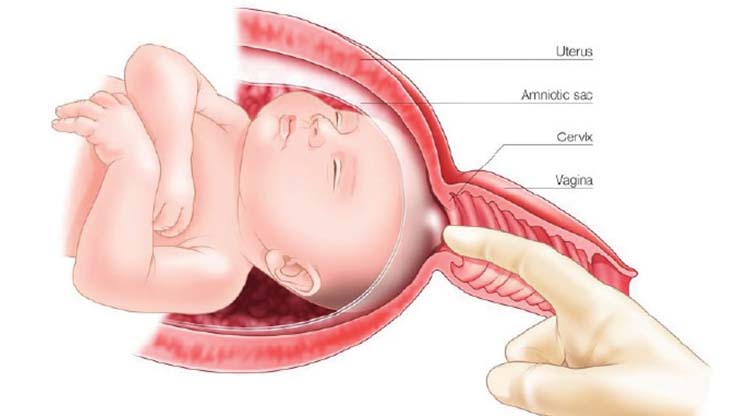Bringing your baby home after a stay in the Neonatal Intensive Care Unit (NICU) is a moment filled with joy and relief, but it can also come with a wave of anxiety and uncertainty. After weeks or even months of specialized care, the transition to home life can feel daunting. Understanding how to care for your baby and the support available to you is crucial. Here’s what you need to know, along with the exceptional resources Cocoon Hospital provides to help you on this journey.
Understanding Your Baby’s Needs
-
Monitoring Health: After NICU discharge, it’s essential to keep an eye on your baby’s vital signs, including temperature, heart rate, and breathing patterns. You might be given specific guidelines from your doctor regarding what to watch for and when to seek help.
-
Feeding: Depending on your baby’s condition, feeding may require special attention. Cocoon Hospital offers feeding consultations to guide you through this process, ensuring your baby receives the nutrition they need.
-
Sleep: Babies often need a stable environment to sleep well. Create a safe sleep space that adheres to the guidelines provided by your doctor. Understanding safe sleep practices is vital for reducing future risks.
Emotional Support for Parents
Caring for a NICU graduate can be an emotional rollercoaster. Feelings of anxiety, guilt, or overwhelming joy are common. Cocoon Hospital recognizes this and provides the following:
-
Counseling Services: Access to professional counseling can help you process your emotions and provide coping strategies.
-
Support Groups: Connecting with other parents who have experienced similar journeys can be incredibly reassuring. Cocoon Hospital hosts regular support group meetings to facilitate these connections.
Resources and Programs at Cocoon Hospital
Cocoon Hospital is committed to ensuring that families feel supported even after NICU discharge. Here are some of the resources they offer:
-
Follow-Up Care: Regular follow-up appointments with pediatric specialists are crucial to monitor your baby’s growth and development. Cocoon Hospital’s team is dedicated to ensuring your baby stays on track with their milestones.
-
Educational Workshops: Cocoon Hospital offers workshops for new parents that cover topics like developmental milestones and managing common concerns. These sessions equip you with the knowledge and confidence to care for your baby.
-
Nutritional Guidance: A nutritionist is available to provide personalized feeding plans that suit your baby’s specific needs, helping to establish healthy eating habits from the start.
-
Breastfeeding Support: If you’re breastfeeding, lactation consultants at Cocoon Hospital can help address any challenges you may face, ensuring a smooth breastfeeding journey.
Building a Routine
Establishing a routine can provide comfort and stability for both you and your baby. Try to create a daily schedule that includes feeding, playtime, and sleep. Consistency helps your baby feel secure and may improve their sleep patterns.
In Conclusion
Caring for your baby after a NICU stay is a significant responsibility, but you’re not alone. With the right knowledge and support from resources like those offered by Cocoon Hospital, you can navigate this new chapter with confidence. Remember to take care of yourself, seek support when needed, and cherish each moment with your little one as you embark on this beautiful journey of parenthood.
FAQs
1. How to take care of a baby after NICU?
Prepare yourself beforehand by stocking up on your baby’s needs, understand your baby’s condition with the doctor, and discuss your concerns, do not miss follow-up appointments, and follow all the directions given by your doctor.
2. How soon can the baby come home from NICU?
There is no specific time frame for a baby to stay in the NICU as the length of stay depends on the baby’s health condition. While some babies can go home within a few days, others may require to stay for weeks or even months.
3. How do I cope with leaving my baby in the NICU?
Seeing your baby in the NICU can be challenging. However, you can cope during this phase by having a strong support system. Discuss your challenges with your friends and family, keep yourself updated with the baby’s progress from the neonatologist, and seek professional help if required.
4. What to do after the baby comes home from the hospital?
Welcoming your baby home from the hospital might be one of the most joyous moments of your life. Things to remember after your baby is home such as, following discharge instructions, making a feeding routine, monitoring your baby's health, scheduling follow-up appointments, and seeking medical support if required.


